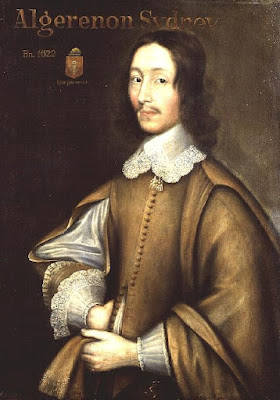“A Declaration introducing into international relations certain uniform rules with reference to future occupations on the coast of the African Continent. And deeming it expedient that all these several documents should be combined in one single instrument, they (the Signatory Powers) have collected them into one General Act, composed of the following Articles …”
– “General Act of the Berlin Conference on West Africa” (26 February 1885) – an agreement among some of the European powers
Many of the contemporary languages of Africa came to the continent from elsewhere …
Many of the contemporary languages of Africa came to the continent from elsewhere. Even the Arabic language arrived from the Middle East, although this was fairly early in (North) African history. Arabic is the dominant language of Muslim North Africa today, as you may know. In fact, Arabic is the most spoken language in Africa today. But many other languages on the African continent arrived from Europe, during the “Scramble for Africa” – which was mostly during the nineteenth century. Thus, the languages of English, French, and Portuguese are among the most spoken languages on this continent. To a lesser degree, Spanish is also spoken in certain parts of Africa, and has a presence there. This would surprise many, because we expect Africans to speak various languages that are native to the continent (such as Swahili – or “Kiswahili,” as it is sometimes called). And, very often, they do speak native African languages. But the European languages also have a strong presence in Africa, which is a legacy of the past colonization there. How did all of this happen, you might be wondering? That is what this post will be undertaking to explain. I have discussed other African colonies from Germany and Italy in another post, and their various effects on the World Wars (more about that here). Thus, I will not attempt to duplicate much of that coverage here. Rather, I will instead focus this post on the bigger colonization by Britain, France, Belgium, Spain, and Portugal – some of which were very influential, as I will show later on. I will also throw in a number of country names – and, at times, dates. But it is not expected that the reader will remember any of these details. Rather, I just hope that I will convey the feeling of how complicated these geopolitics were, and answer a possible reader’s question about how these European languages came to be in Africa. This came in the context of European colonization elsewhere in the world.
Front view of fort São João Baptista – Portuguese Benin, 1917













